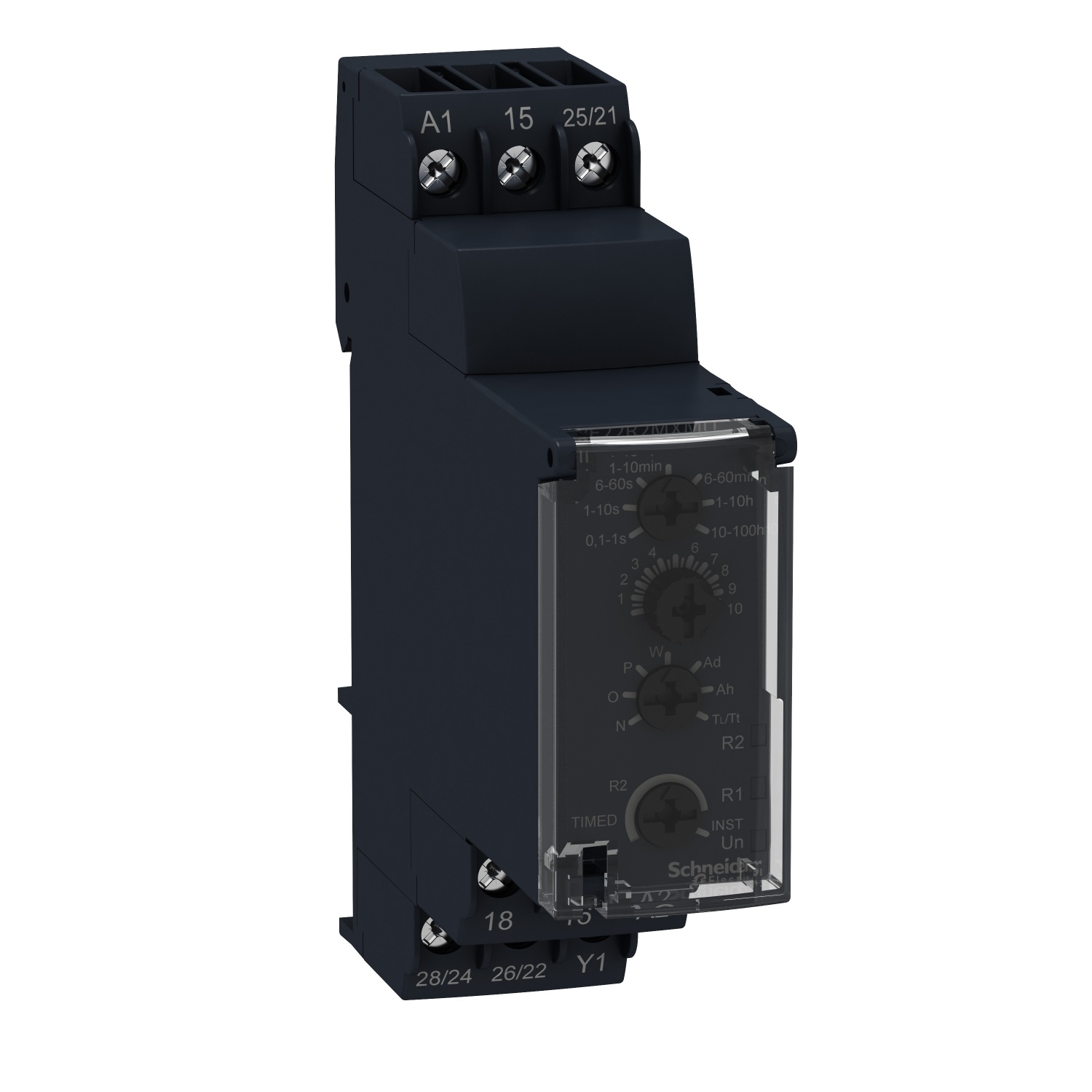How Do Customized Time Delay Relays Help Optimize Automation Control Systems
Release time:
2024-11-18 15:32
Source:
A customized time delay relay is a relay that can switch a circuit after a set time delay. Its working principle is to use the time delay element in the circuit to delay a set time after the input signal is generated before outputting the control signal. Time delay relays are often used in situations where it is necessary to control the delayed start or stop of equipment, such as air conditioners, elevators, and other equipment.
The biggest advantage of customized time delay relays is that they can help automation systems achieve precise time control. In complex industrial automation environments, time delay relays can not only prevent sudden start and stop of equipment but also effectively protect electrical components and extend the service life of equipment. In addition, it also plays an important role in preventing short circuits, current shocks, etc.
Note that customized time delay relays require certain technical knowledge to set and adjust. When using them, you must accurately set the delay time to ensure that it is consistent with the overall requirements of the system.
Related News
Understanding Omron Relays: Key Features and Applications
Relays play a crucial role in electronic circuits, serving as electrically operated switches that open and close circuits in response to an input signal. Among various manufacturers, Omron relays are renowned for their reliability and versatility, making them a staple in many electronic applications. Omron relays are designed to provide efficient control over electrical circuits, and their operati
The Essential Guide to Molded Case Circuit Breakers: Key Functions and Benefits
Molded Case Circuit Breakers (MCCBs) are vital devices in the electrical engineering field, specifically designed to protect electrical circuits from overloads and short circuits. These devices are enclosed in a molded case, which contributes to their durability and reliability. MCCBs serve multiple functions in industrial, commercial, and residential applications, making them an essential element
Understanding the Role of Air Circuit Breakers in Modern Electrical Systems
Understanding the Role of Air Circuit Breakers in Modern Electrical Systems Table of Contents 1. Introduction to Air Circuit Breakers 2. The Importance of Circuit Protection 3. How Air Circuit Breakers Work 4. Types of Air Circuit Breakers 4.1 Plain Breakers 4.2 Magnetic Air Circuit Breakers 4.3 Combined Air Circuit Breakers 5. Advantages of Using Air Circuit Breakers 5.1 High Interrupting Capacit
Understanding the Delta ASDA-B3 Servo Motors: Key Features and Applications
Delta ASDA-B3 servo motors represent a significant advancement in motion control technology, offering a blend of precision, efficiency, and flexibility. One of the standout features of the ASDA-B3 series is its high-performance capabilities, which make it suitable for a wide range of applications in various sectors, including manufacturing, robotics, and automation. This servo motor series is desi
Discover the Benefits of Quality Omron Relays in Modern Electronics
Discover the Benefits of Quality Omron Relays in Modern Electronics Table of Contents 1. Introduction to Omron Relays 2. Understanding Relays and Their Importance in Electronics 3. Why Choose Omron Relays? 4. Key Benefits of Using Omron Relays 4.1 Reliability and Longevity 4.2 Energy Efficiency 4.3 Compact Design 4.4 Wide Range of Applications 5. Innova
Understanding OEM Delta VFD-E: A Comprehensive Guide to Variable Frequency Drives
In the realm of electrical engineering, Variable Frequency Drives (VFDs) play a crucial role in controlling the speed and torque of electric motors. One notable example in this category is the OEM Delta VFD-E. These drives are designed to optimize motor performance while minimizing energy consumption, making them an essential component in various industrial applications. The OEM Delta VFD-E integr








